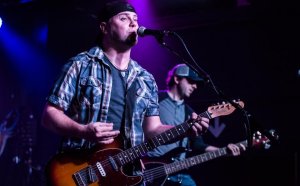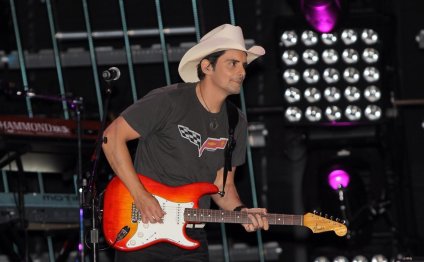
Real Country music artists
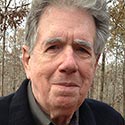 Don’t you miss the way country music used to sound before it lost its soul? You know, back when Shania Twain and Toby Keith ruled the charts?
Don’t you miss the way country music used to sound before it lost its soul? You know, back when Shania Twain and Toby Keith ruled the charts?
Or Garth Brooks and Reba McEntire? Alabama and The Oak Ridge Boys? Waylon Jennings and Willie Nelson? George Jones and Merle Haggard? Hank Williams and Lefty Frizzell? Roy Acuff and Ernest Tubb? Jimmie Rodgers and the Carter Family?
Well, we know country was pure somewhere back there. Wasn’t it?
Not really. Country music is replete with complaints about how bad it is now and how good it was then. The problem is that “now” keeps inching forward and turning into “then.”
During the International Country Music Conference held recently at Nashville’s Belmont University, critic Karen Raizor presented a paper that was whimsically titled That Ain’t No Hank Williams Song: Country Songs About How Country Doesn’t Sound Country Anymore.
The first part of her title comes from the 1980 movie The Blues Brothers. It’s the line sputtered by the indignant manager of a country honky-tonk after Jake and Elwood Blues take the stage and break into “Gimme Some Lovin'” — to the bottle-throwing consternation of the crowd. The brothers make amends by switching to the theme from the old TV series Rawhide.
Raizor used the clip to illustrate the level of hostility musical betrayal — or the perception of it — can generate. Singers we now look back upon as exemplars of traditional country were not always considered so, she said, noting that the eminent music collector and scholar John Edwards had once labeled Webb Pierce a “citybilly.”
In 1965, Raizor continued, Buck Owens bought an ad in the Music City News declaring, “I shall sing no song that is not a country song. I shall make no record that is not a country record.”
This pledge did not prevent him from subsequently recording Chuck Berry’s “Memphis” and “Johnny B. Goode” and Mickey & Sylvia’s “Love Is Strange.”
That permeable barrier between what is and isn’t country, Raizor said, was more recently breached when The Band Perry covered Queen’s “Fat Bottom Girls” on a TV show and Jimmy Wayne recorded a version of Hall & Oates’ “Sara Smile.”
Throughout her presentation of shock waves in country music, Raizor carefully avoided uttering the names “Achy Breaky Heart” and “Billy Ray Cyrus, ” instead referring to them in mock horror only as “that which must never be mentioned — ABH/BRC.”
As further evidence of the ongoing clash between country traditionalists and progressives, Raizor cited Justin Tubb’s “What’s Wrong With the Way That We’re Doing It Now, ” which emerged just after the movie Urban Cowboy pushed country music into the national spotlight.
More recent examples, she observed, were Alan Jackson and George Strait‘s “Murder on Music Row, ” which lamented that real country music had been killed by commercial considerations, and Brad Paisley‘s “Too Country, ” a doleful tune that essentially shamed people for looking down on old-time themes and singers.
Other songs Raizor offered as evidence that the battle still rages included Doug Sahm’s 1999 protest, “Oh No! Not Another One” (with the immortal lines “There was a young dude walking across the stage like a gazelle/Hell, I’ll bet he never even heard of Lefty Frizzell”), Larry Gatlin & the Gatlin Brothers’ “Johnny Cash Is Dead and His House Burned Down, ” Hank Williams III‘s “Not Everybody Likes Us” and comedian Tim Wilson’s “Back When Country Was Ugly.”
Some troubadours have been particularly vociferous and profane in their lyrical condemnation of modern country, Raizor warned, rolling out such prickly examples as Hank III’s “Dick in Dixie, ” Robbie Fulks “F**k This Town” and Dale Watson‘s “Country My Ass.”
Heather Myles was a tad more gentle in her scolding, Raizor admitted, merely asserting “Nashville’s Gone Hollywood.”
And now the war between purity and pollution has spread to bluegrass, Raizor announced as she prepared to leave the podium.
She reminded the audience that the International Bluegrass Music Association’s song of the year last year was Junior Sisk & Ramblers Choice’s indictment of apostates, “A Far Cry From Lester & Earl.”
YOU MIGHT ALSO LIKE
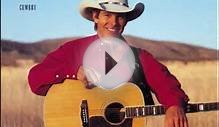
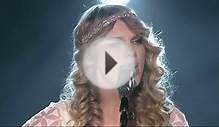
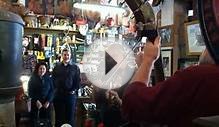
Share this Post
Related posts
Traditional Country music artists
The battle for the heart of country music will rage on, and the arguments surrounding what country music is, what direction…
Read MoreGeorgia Country music artists
Our apologies to Brantley Gilbert, but today’s country music is not as country wide as he claims. It’s actually limited to…
Read More

